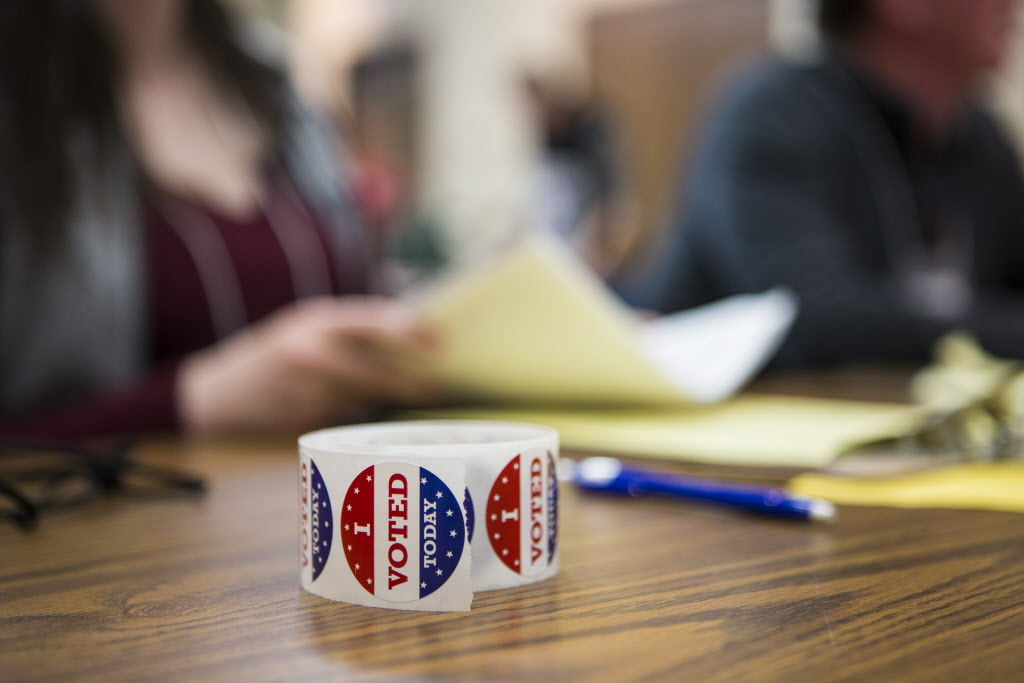A GOP election observer who sought to overturn the votes of La Crosse college students didn't follow proper procedure in raising her complaint and didn't have standing to file the suit, a judge said.
La Crosse County Circuit Court Judge Elliott Levine rejected Mary Jo Werner's motion for summary judgment as she challenged decisions made in last fall's recount in the local sheriff's race.
The main ...
Please log in to access subscriber content.
If you don't have a subscription, click here for a WisPolitics free trial and to view the different subscription options.


